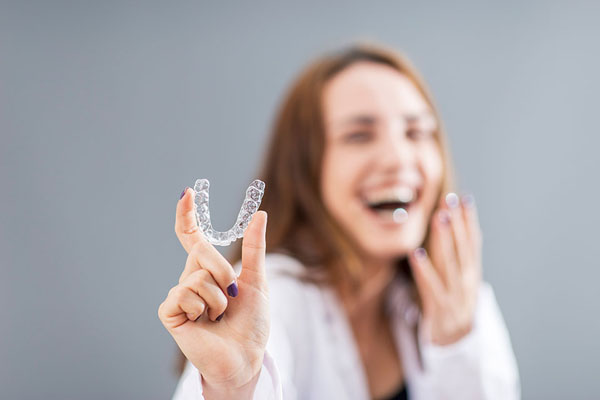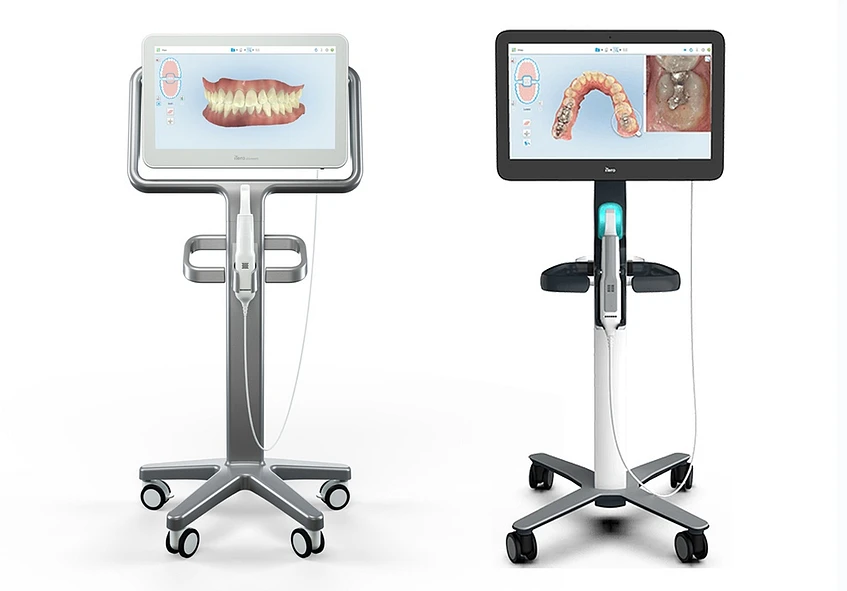Dental Sedation 101: Oral vs. IV
Many people experience anxiety or fear when it comes to dental procedures, which can make even routine appointments overwhelming. Fortunately, sedation dentistry offers a solution to help patients feel more relaxed and comfortable during their treatment. There are different types of sedation available, including oral sedation and intravenous (IV) sedation.
At Madison Dental Care, located in Madison, under the care of Dr. Terry Burgess, we'll explore the differences between these two sedation options to help you decide which one might be right for you. Contact us at (256) 801-0776 to schedule an appointment.
Oral Sedation
Oral sedation, also known as conscious sedation, involves taking a prescribed medication orally before your dental appointment. This medication, typically a pill or liquid, is designed to induce a state of relaxation and reduce anxiety while allowing you to remain conscious and responsive.
Advantages
One of the main advantages of oral sedation is its convenience. Since it's administered orally, there's no need for injections or IV lines. Additionally, it requires minimal monitoring, making it a relatively simple process. Patients often report feeling calm and relaxed, although they remain awake and able to communicate with the dental team.
Drawbacks
However, oral sedation also has some potential drawbacks. The onset of the sedative effects can take longer compared to IV sedation, and the level of sedation can vary from person to person. Some individuals may experience lingering drowsiness or grogginess after the procedure, which can affect their ability to resume normal activities immediately.
IV Sedation
IV sedation, or intravenous sedation, involves administering sedative medications directly into the bloodstream through an intravenous line. This method allows for a more rapid onset of the sedative effects and precise dosage control throughout the procedure.
Advantages
One of the primary advantages of IV sedation is its predictability. Since the medication is administered directly into the bloodstream, the effects can be monitored and adjusted as needed, ensuring an appropriate level of sedation for the specific procedure. This can be particularly beneficial for more complex or lengthy dental treatments.
Drawbacks
However, IV sedation also comes with some drawbacks. It requires continuous monitoring by trained medical professionals, which can increase the overall cost of the procedure. Additionally, there’s a slightly higher risk of complications compared to oral sedation, although these are rare when administered by experienced professionals.
Factors to Consider When Choosing Between Oral and IV Sedation
When deciding between oral and IV sedation, several factors should be taken into consideration:
- Level of Anxiety or Fear: Patients with severe dental anxiety or phobia may benefit more from the deeper sedation provided by IV sedation.
- Type and Duration of the Dental Procedure: More complex or lengthy procedures, such as oral surgery or multiple extractions, may warrant the use of IV sedation for better control and comfort.
- Medical History and Overall Health: Individuals with certain medical conditions or taking certain medications may have limitations or contraindications for one type of sedation over the other.
- Cost and Insurance Coverage: IV sedation is generally more expensive than oral sedation, and insurance coverage can vary for each option.
- Availability of Qualified Professionals: IV sedation requires the presence of trained medical professionals, such as an anesthesiologist or certified registered nurse anesthetist, which may not be available at all dental offices.
Comfortable Dentistry Awaits, Call Us!
If you're feeling anxious about an upcoming dental procedure, don't let fear hold you back from getting the care you need. At Madison Dental Care, Dr. Terry Burgess offers dental sedation options to ensure your comfort throughout your treatment.
Our experienced Madison dental team will work closely with you to evaluate your needs and help you choose the right sedation method. Take the first step towards a relaxed dental experience by scheduling a consultation with us today. Call (256) 801-0776 or book your appointment online and learn more about our sedation dentistry services.



